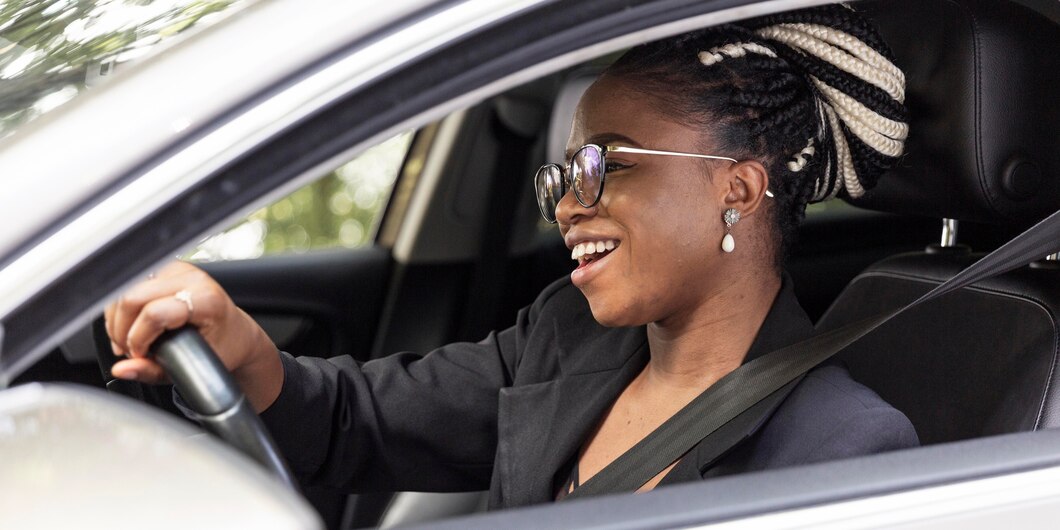A test drive is not just a formality but a crucial step in the car buying process that offers invaluable insights into the vehicle’s performance, comfort, and overall suitability. Whether you’re purchasing a new or used car, taking the time to test drive before making a decision can significantly impact your satisfaction and confidence in your purchase. Here’s why a test drive is essential:
1. Assessing Comfort and Ergonomics
A test drive allows you to experience the vehicle firsthand and evaluate its comfort and ergonomics. Factors such as seat comfort, visibility, ease of access to controls, and cabin noise levels become apparent during a drive. Everyone’s comfort preferences differ, making it essential to determine if the car suits your specific needs.
2. Evaluating Driving Dynamics
The driving dynamics of a car include its handling, responsiveness, acceleration, braking, and steering feel. These elements contribute to how enjoyable and safe the car is to drive. A test drive provides an opportunity to assess how the vehicle performs in different road conditions, such as city streets, highways, and winding roads.
3. Testing Technology and Features
Modern cars come equipped with a plethora of technological features ranging from infotainment systems to advanced driver-assistance systems (ADAS). Testing these features during a drive helps you gauge their functionality, ease of use, and compatibility with your preferences. It ensures that the technology enhances your driving experience rather than becoming a source of frustration.
4. Checking Visibility and Blind Spots
Visibility is crucial for safe driving. A test drive allows you to evaluate the car’s sightlines, blind spot visibility, and rearview camera effectiveness. These factors contribute to your overall sense of confidence and safety behind the wheel.
5. Verifying Fit for Lifestyle and Needs
Every driver has unique lifestyle requirements and preferences. A test drive helps verify whether the car accommodates your daily commuting needs, family requirements, storage capacity, and any specific activities (like towing or off-roading) you plan to undertake. It ensures that the vehicle aligns with your lifestyle and fulfills practical considerations.
6. Identifying Potential Issues
During a test drive, you may detect potential issues that are not apparent from a visual inspection alone. This could include unusual noises, vibrations, or handling quirks that may indicate underlying mechanical or maintenance issues. Identifying these issues early can prevent future headaches and unexpected expenses.
7. Building Confidence and Trust
A test drive allows you to build confidence and trust in your purchase decision. It gives you firsthand experience with the vehicle, enabling you to make an informed choice based on personal preference and real-world performance rather than relying solely on descriptions or reviews.
8. Negotiating Power
Having completed a test drive gives you leverage in negotiations. If you identify minor issues or aspects that don’t meet expectations during the drive, you can discuss them with the seller. This positions you to negotiate a fair price or request repairs or adjustments before finalizing the purchase.
In conclusion, a test drive is an essential step in the car buying process that offers numerous benefits beyond just getting behind the wheel. It allows you to assess comfort, driving dynamics, technology, safety features, and overall suitability for your lifestyle and needs. By investing time in a thorough test drive, you can make a confident and well-informed decision, ensuring that the vehicle you choose not only meets but exceeds your expectations for years to come.











